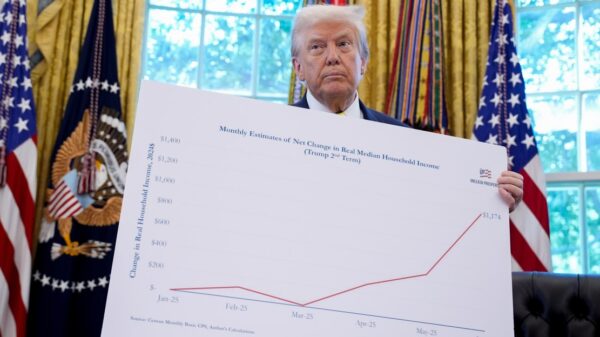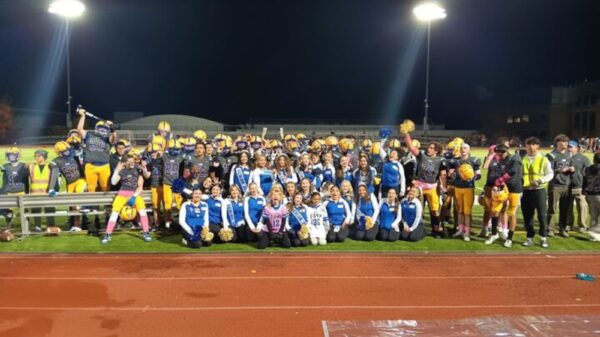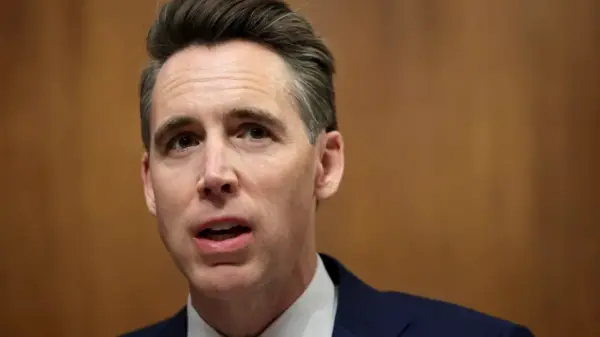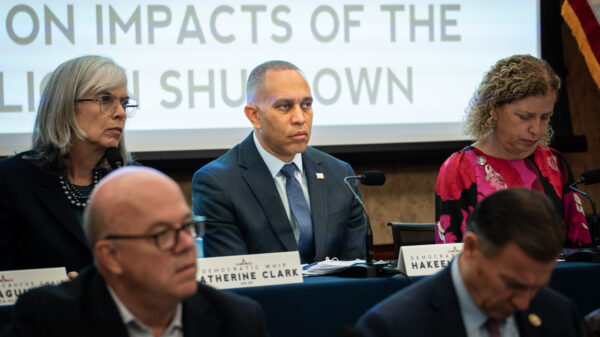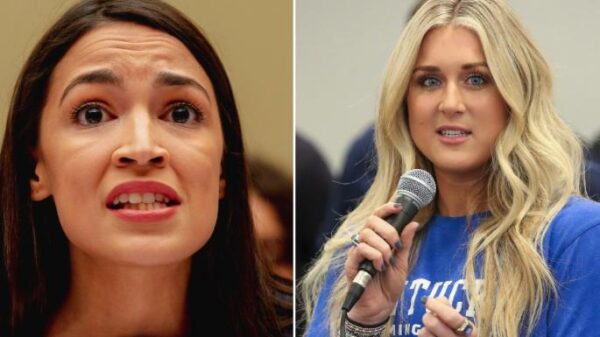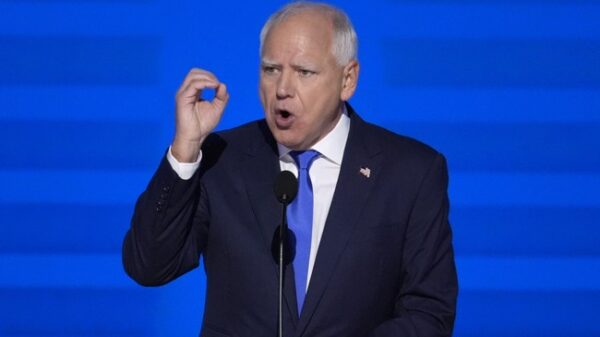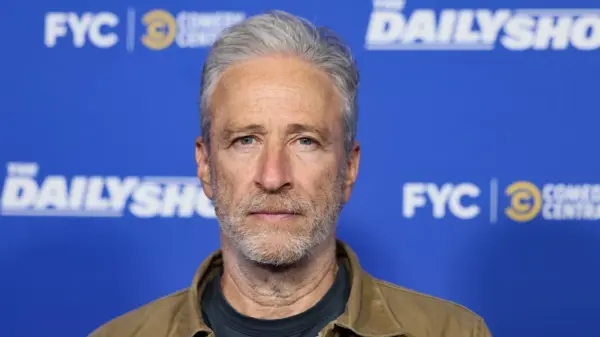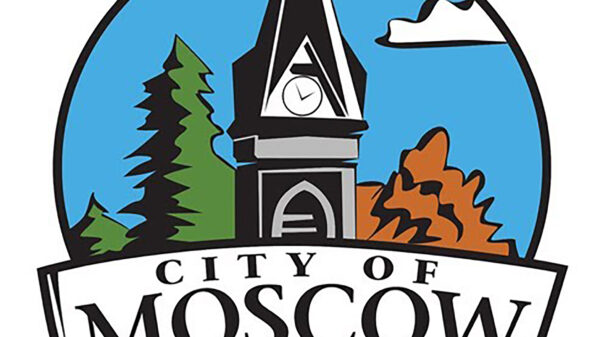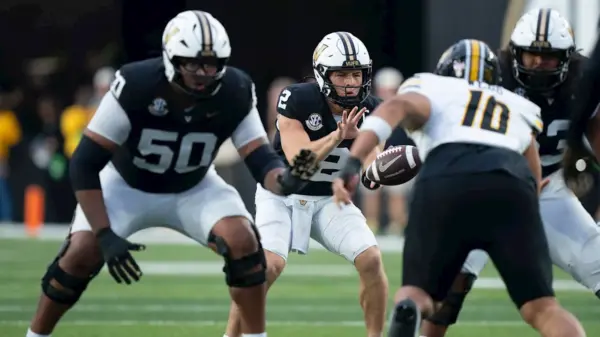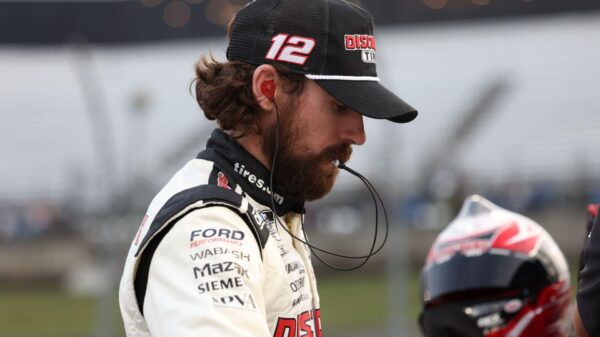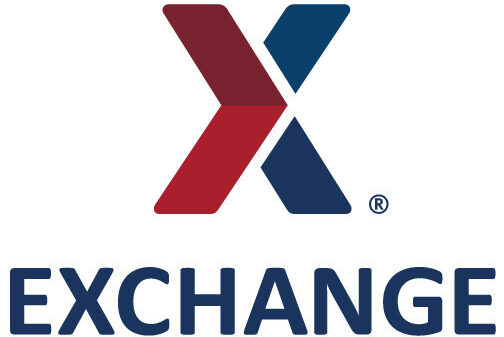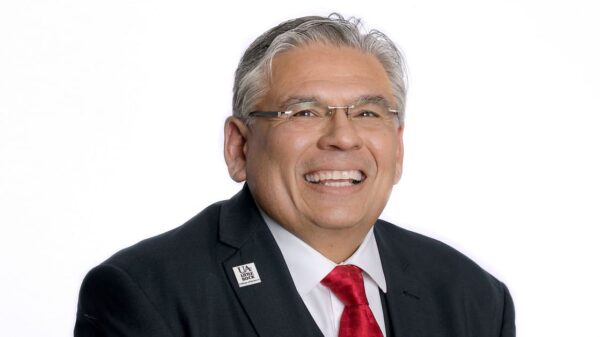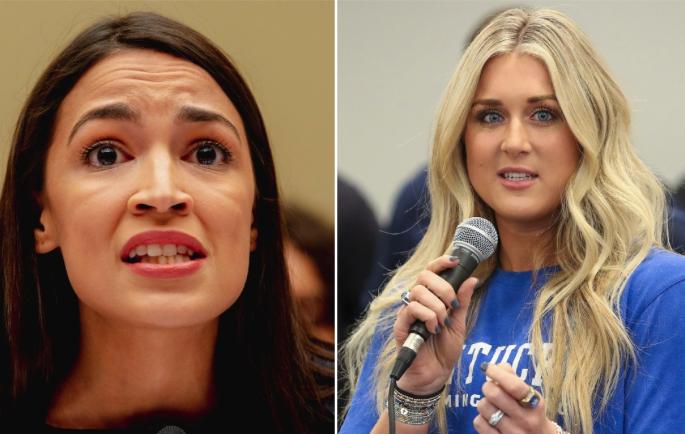Riley Gaines and Representative Alexandria Ocasio-Cortez engaged in a heated online exchange following a rally in New York City on October 27, 2025. This confrontation highlights the growing tensions surrounding women’s sports and the involvement of transgender athletes. Gaines, a former NCAA champion swimmer, has become a prominent voice advocating for the protection of women’s sports, while Ocasio-Cortez is a well-known figure in progressive politics.
The debate ignited when Ocasio-Cortez participated in a rally that Gaines criticized for being incoherent and fringe. In her response, Ocasio-Cortez did not address the points raised by Gaines but instead dismissed her swimming credentials with a sarcastic remark. The congresswoman implied that Gaines, who ranked as the fifth-fastest woman in the nation, would not measure up to her in a competitive setting.
Riley Gaines responded sharply to Ocasio-Cortez’s comment, defending her accomplishments and challenging the congresswoman’s lack of experience in competitive sports. Gaines pointed out that while she was among the top athletes in her division, Ocasio-Cortez’s own athletic achievements were limited to middle school dodgeball.
This exchange is not merely a disagreement over sports; it symbolizes a broader cultural conflict regarding gender and athletic competition. Gaines argues that allowing transgender women to compete in women’s sports undermines the achievements of biological females. Her stance has drawn both support and criticism, reflecting the polarized views on this issue.
As this debate unfolds, it continues to garner significant attention. Many supporters of Gaines appreciate her willingness to speak out on what they see as an urgent issue for women’s rights in sports. Conversely, Ocasio-Cortez’s supporters defend her right to challenge Gaines and advocate for inclusivity in athletics.
The tensions between the two figures represent a microcosm of larger societal debates. In a climate where issues of gender identity and equality are hotly contested, Gaines’s advocacy serves as a counter-narrative to the progressive agenda often championed by figures like Ocasio-Cortez.
As the conversation evolves, the implications for both women’s sports and political discourse remain significant. The clash between these two prominent figures is likely to continue, with each side rallying support for their respective positions. The outcome of this debate may influence future policies regarding gender and competition in sports.
With ongoing discussions around this issue, the public remains engaged, reflecting a society grappling with questions of identity, fairness, and the future of athletics.


